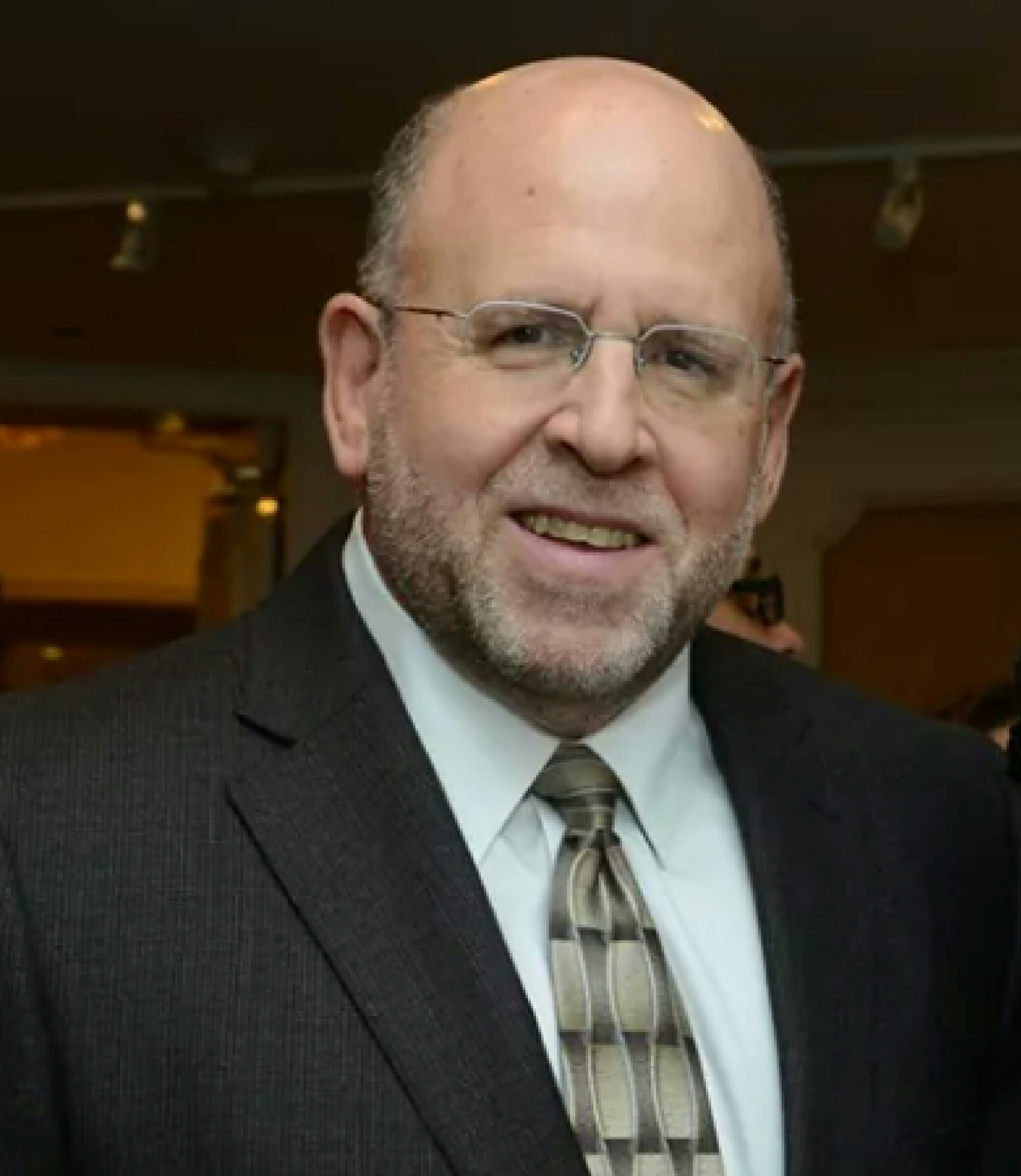Andrew Malekoff
As I was watching the first days of the trial of Derek Chauvin, the former Minneapolis police officer who is charged with murder in the death of George Floyd, I was riveted by the eyewitness testimony of Darnella Frazier, 18, and her younger cousin, 9, whose name was withheld; and, then by three adult witnesses ages 27, 33 and 61.
Ms. Frazier, 17 at the time of the incident, used a mobile phone to film Derek Chauvin kneeling on the neck of George Floyd for 9 minutes and 29 seconds, ostensibly squeezing his last breath out of him. She was accompanied by her then 8-year-old cousin. They had come to the location to buy snacks from Cup Foods, a Minneapolis corner store.
At one point in her testimony Ms. Frazier, her voice quivering, stated that George Floyd, “a Black man”, could have been her father or any one of her brothers, cousins or friends. She added that ever since that fateful day she has spent countless nights apologizing to George Floyd for not doing more to save him and regretting that she had not taken physical action to save his life. “But,” she added, “it’s not what I should have done. It’s what he [Chauvin] should have done.”
On the stand, her young cousin spoke softly, sadly stating how she was feeling as she observed Mr. Chauvin kneeling on Mr. Floyd’s neck: “I was sad and kinda mad…it felt like he was stopping his breathing and it was kinda hurting him.”
Their despondency was shared by three older eyewitnesses. Genevieve Hansen, 27, an off-duty EMT with the local fire department, offered emergency assistance and was told to back off by one of the four police officers, the only one who was not kneeling on Mr. Floyd.
Donald Williams, 33, a mixed martial artist was caught on video desperately exhorting Mr. Chauvin to ease up pressure from Floyd’s neck. His pleas were ignored. Both Hansen and Williams wept during their testimony. Williams said, “I believe I witnessed a murder.”
Charles McMillian, 61, one of the first people to see George Floyd arrested broke down sobbing while prosecutors played a video of Mr. Floyd calling out to his mother – “Mama they’re killing me.
My body is breaking down.” In the midst of his heart-wrenching testimony, Mr. McMillian, a concerned citizen who had the courage to repeatedly urge a prone and handcuffed Mr. Floyd to get up and get into the police car, took off his glasses on the stand, wiped his eyes and said through his tears, “I feel helpless.”
After watching trial testimony, Washington Post’s Eugene Robinson wondered, perhaps reflecting the feelings of the eyewitnesses, “How could anyone treat a fellow human being with such little regard for his life?
After he stopped moving — after he stopped breathing — Floyd obviously posed no threat to anyone, let alone to the heavily armed police officers who surrounded his inert body.” He continued, “To me, it looks like a brutal demonstration of who has power and who does not.”
It is clear to any observer that the five witnesses who took the stand early in the trial were reliving the traumatic event as if it was happening all over again.
Ms. Frazier begs Mr. Floyd for his forgiveness. Mr. Williams believes he has witnessed a murder.
Bystander McMillian and EMT Hanson feel helpless. And, a 9-year-girl who was just hoping for a tasty snack feels “sad and kinda mad” all over again. Each of them were compelled to relive the experience as well as the severe emotional distress and physical reaction to the 9 minutes and 29 seconds that Derek Chauvin kneeled on a handcuffed George Floyd’s neck.
At the same time that Mr. Floyd’s family is left without a son, husband, father, brother, uncle and cousin, these eyewitnesses to violence are also left to live with the emptiness, frustration, rage and trauma of an incomprehensible death.
These eyewitnesses are suffering from posttraumatic stress that can profoundly affect their day-to-day lives. They need and deserve the public understanding and emotional support to cope with the underserved guilt and regret they feel, and the nightmares and memories of the horrific death they witnessed and recall repeatedly.
The one thing that can help their healing, perhaps even more than sympathy or counseling or absolution, despite doing all they could, is justice; for, as Darnella Frazier concluded, “it’s not what I should have done. It’s what he [Chauvin] should have done.”



